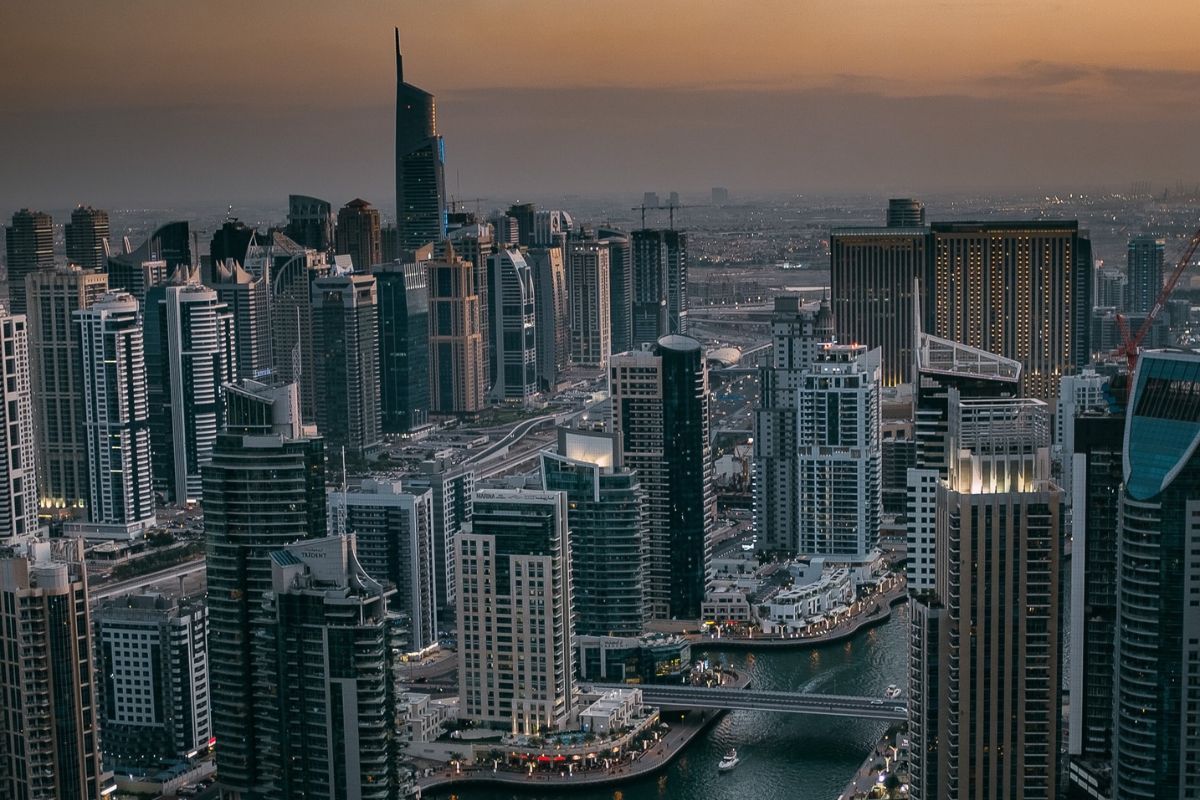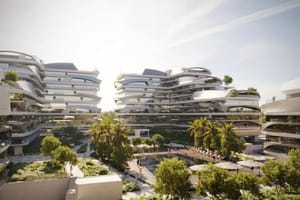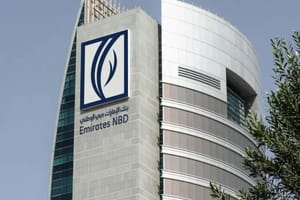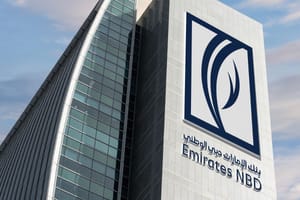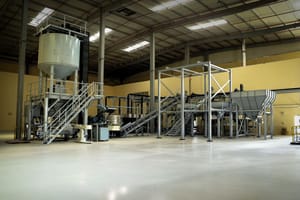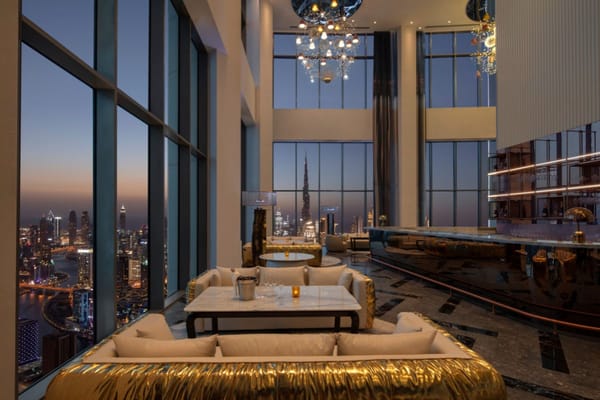In a city as dynamic and ever-changing as Dubai, how do you decide whether renting or buying a property is the right choice for you?
Whether you're new to the city or looking to settle down, this choice can shape your financial future, lifestyle, and overall experience in Dubai. Should you embrace the flexibility and lower upfront costs of renting, or invest in the long-term benefits of property ownership?
With its booming real estate market, understanding the pros and cons of each option is crucial. Navigate the complexities of renting versus buying in Dubai, considering various factors that impact your decision.
Financial Considerations
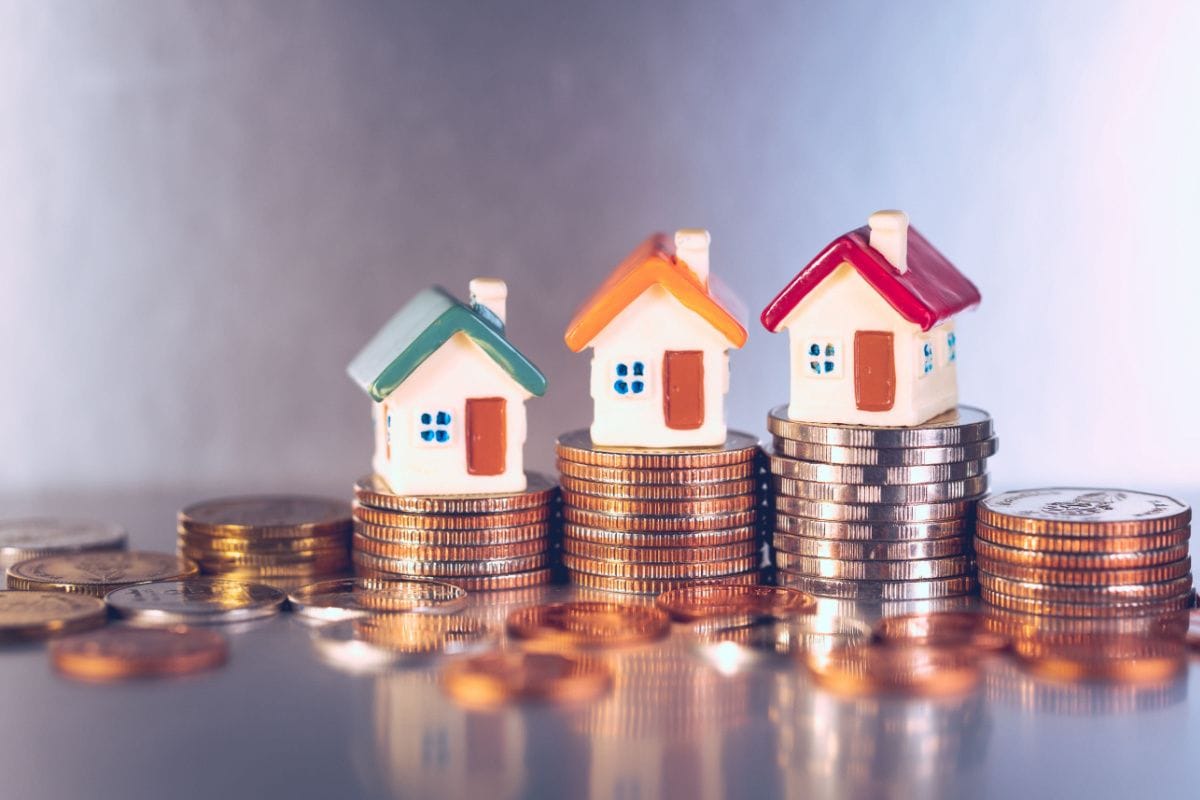
Renting
- Upfront Costs: Tenants in Dubai pay a security deposit of 5% for unfurnished or 10% for furnished rentals, refunded if no damage occurs. Rent is paid in one to four cheques, with fewer cheques possibly offering discounts. An agent fee, typically 5% of annual rent, may apply when leasing.
- Ongoing Expenses: Tenants in Dubai primarily pay rent, which may increase annually per Dubai’s rental index, and cover monthly utility bills like DEWA and district cooling. Unlike owners, they aren’t responsible for major maintenance costs, as landlords typically handle significant repairs and structural upkeep.
- Opportunity Cost: Renting offers the chance to save or invest funds elsewhere, sidestepping the large upfront costs of buying a home. However, renters forfeit potential gains from property appreciation, missing out on possible long-term growth if property values rise.
Buying
- Upfront Costs: Homebuyers in Dubai face significant upfront costs, including a 20-25% down payment, a 4% transfer fee by the Dubai Land Department, and various mortgage fees if financing is involved. Additional expenses may include legal, broker, and valuation fees, collectively raising the initial financial commitment.
- Ongoing Expenses: Ongoing expenses for homeowners include monthly mortgage payments, property maintenance costs, and community fees. Maintenance covers repairs, while community fees, typical in managed areas, fund amenities, security, and upkeep. These costs vary by property size, location, and condition, adding to the homeowner's financial responsibilities.
- Opportunity Cost: Investing in real estate offers potential appreciation but locks up capital that could be diversified into stocks, bonds, or other assets. Additionally, Dubai’s property values are subject to market fluctuations, posing a risk that downturns could lower the resale value.
- Long-Term Investment Potential: Long-term investment in Dubai real estate offers equity building through mortgage payments and property appreciation, turning assets into financial reserves. With capital gains potential in key areas and rental income options, property owners can enjoy steady financial growth and additional income streams.
Lifestyle Flexibility
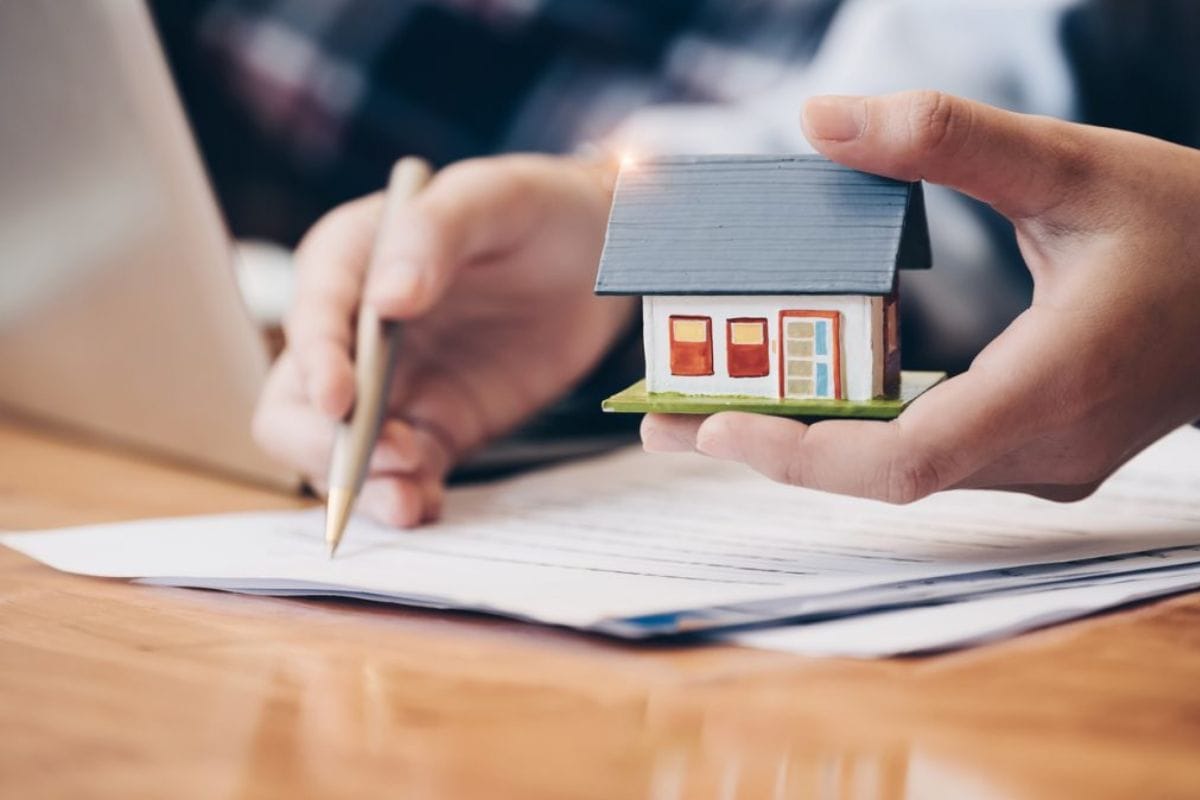
Renting
- Mobility and Relocation: Renting offers flexibility, allowing tenants to relocate easily when their lease ends, typically after 1-2 years. This is perfect for those uncertain about long-term plans or expecting frequent job changes, as it eliminates the need to sell or manage a property remotely when moving to another city or country.
- Changing Needs: Renting offers flexibility to adapt to changing needs. A single professional might opt for a smaller apartment, while a growing family could upgrade to a larger villa or townhouse. This ease of adjustment allows renters to match their living space with lifestyle or family size changes.
- Financial Flexibility: Renting offers greater financial flexibility, as it typically requires fewer upfront costs and no long-term mortgage commitments. With rent paid in installments, renters can easily redirect funds toward other investments or priorities, making it a more adaptable option compared to the ongoing expenses of owning a home.
- Minimal Responsibility: Renters do not need to worry about property maintenance or repairs, as these are typically handled by the landlord. This reduces the amount of time, effort, and money spent on property upkeep, freeing tenants to focus on other aspects of life.
Buying
- Long-Term Stability: Owning property in Dubai ensures long-term stability, offering a permanent residence without the worries of lease renewals, rent increases, or potential changes by a landlord. It’s an ideal choice for those committed to staying in the city for the long haul.
- Control Over the Property: Homeowners have the freedom to customize their properties, from redesigning kitchens to adding outdoor spaces, providing full control to adapt the home to their lifestyle. Unlike renters, who face restrictions, owners can personalize their homes, such as integrating smart systems for enhanced comfort and security.
- Limited Mobility: Homeownership can restrict mobility due to financial commitments and property upkeep. Selling a home in a fluctuating market is time-consuming and costly, making it harder to relocate quickly for personal or professional reasons. This could leave you burdened with mortgage payments on an unsold property.
- Financial Commitment: Owning a home requires a long-term mortgage commitment, which can limit financial flexibility. The burden of monthly payments, along with property taxes, insurance, and maintenance costs, may reduce disposable income, making it harder to invest in other opportunities or personal goals.
Real Estate Market Dynamics

Renting
- Rental Price Fluctuations: Rental prices in Dubai fluctuate based on supply and demand, with high-demand areas like Downtown Dubai seeing stable or rising prices. Short-term rentals are influenced by tourism, while long-term leases align with broader market trends. Economic conditions also impact the market, with downturns lowering demand and rental prices.
- Rent Control Regulations: Dubai's Rent Control Regulations, governed by the RERA Rent Index, standardize rental prices across areas, ensuring increases remain within set limits based on location and market conditions. Tenant protection laws further cap rent hikes during lease renewals, preventing drastic changes if the rent aligns with market rates.
- Flexibility and Lease Terms: Renting in Dubai offers flexibility with lease terms ranging from one to three years, allowing for easy relocation. Renters are not responsible for property maintenance, as landlords handle repairs and upkeep, making it a financially advantageous option for those not wanting to manage day-to-day property tasks.
- Seasonal Demand and Supply: Seasonal demand, driven by tourism and expatriate influx during peak periods, can raise rental prices in prime areas, while less sought-after locations remain stable. High vacancy rates in certain neighborhoods create a competitive rental market, offering renters opportunities to negotiate better terms or lower rents.
Buying
- Property Value Trends: Dubai's property market offers significant capital appreciation, particularly in prime areas like Palm Jumeirah and Downtown Dubai. Despite market cycles influenced by factors like oil prices and policy changes, prime properties generally appreciate over time, making them attractive for long-term investors.
- Market Stability and Liquidity: Dubai's real estate market offers potential returns but is susceptible to volatility, influenced by political instability or global economic shifts. Property buyers should be prepared for market fluctuations and recognize that selling property can take time, even though the market is more liquid than in other regions.
- Financing and Mortgages: In Dubai, buyers can secure mortgages with competitive interest rates, requiring a down payment of 20-25% and additional transaction costs. Interest rates impact affordability, with lower rates making purchases more attractive, while higher rates may reduce demand due to increased repayment amounts.
- Property Supply and Demand: Dubai's real estate market is experiencing a surge in property supply, especially in emerging areas like Dubai South and Al Furjan. This increase, coupled with government initiatives like long-term residency visas for investors, is driving demand and may stabilize or reduce prices in certain locations.
Tax Implications
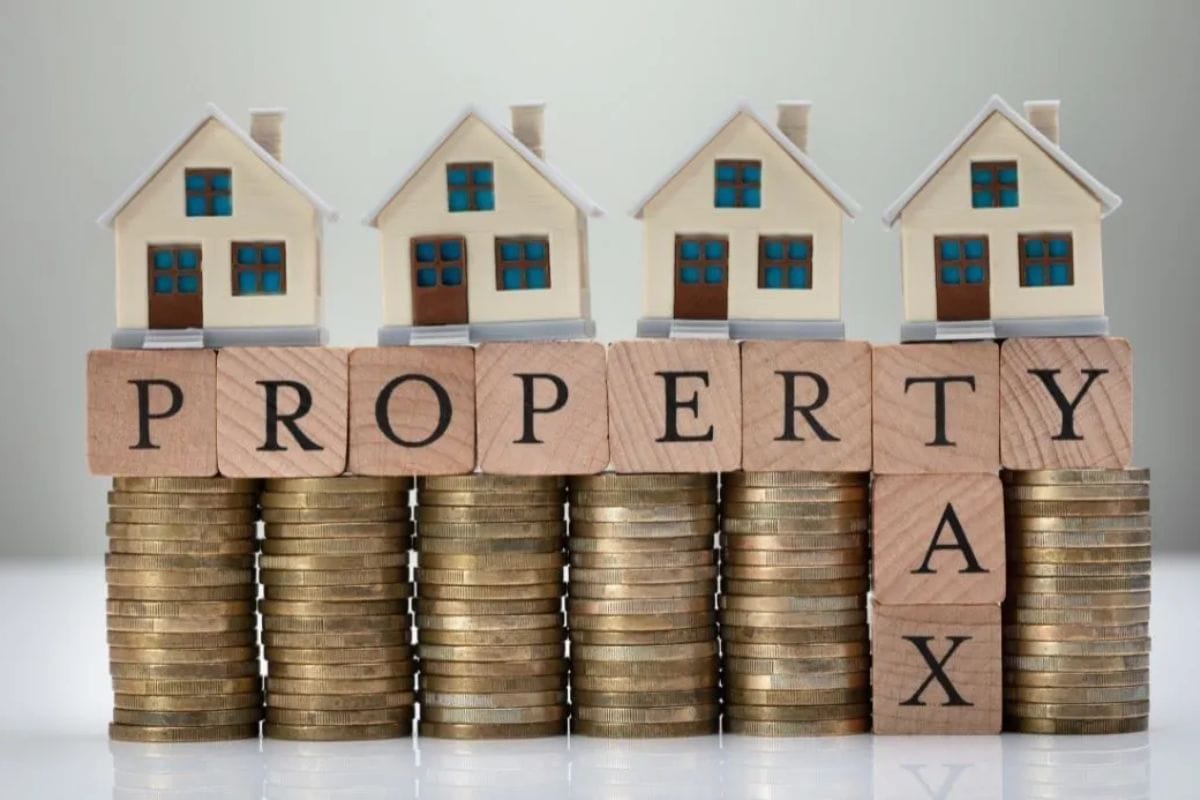
Renting
- No Property Tax: Renters are not subject to any property taxes in Dubai. This is one of the most attractive features of renting a property. Since there are no annual property taxes, tenants do not need to worry about the ongoing tax obligations typically associated with property ownership.
- No Stamp Duty: When renting, there is no stamp duty or transaction tax on the lease agreement. Renters only pay the agreed-upon rent, which is usually paid annually or quarterly, depending on the lease terms. This makes renting a more straightforward financial commitment compared to buying a property.
- Tenant's Liability: The tenant's main responsibility is to pay the rent and utility bills as outlined in the lease agreement. There is no additional tax burden that renters need to consider, making it a less complicated option financially.
- Rent Caps and Regulations: While not a direct tax, the Dubai Rent Cap Law sets limits on how much a landlord can increase rent each year. This cap is based on the market rent and is regulated to prevent excessive rent hikes, providing renters with some protection from unpredictable rental increases. This legal framework, while not a tax, acts as a form of economic stability for renters.
Buying
- Property Transfer Fees: One of the most significant costs associated with purchasing property in Dubai is the transfer fee. This fee is set at 4% of the property’s purchase price. This payment is split between the buyer and the seller, with each typically paying 2%. The fee is applied when the property is officially transferred to the buyer’s name at the Dubai Land Department.
- No Annual Property Tax: There is no annual property tax in Dubai, which is a major benefit for property owners compared to many other global markets. However, property owners do need to consider additional costs for the upkeep of the property, such as service charges or fees for maintaining common areas in shared buildings or communities.
- Real Estate Fees: In addition to the transfer fee, buyers should consider real estate agency fees (2%-5% of the property price) and legal fees for contract reviews or document services if applicable, which can add extra costs to the property transaction.
- Mortgage Registration Fees: If the buyer is financing the property purchase through a mortgage, they will incur additional registration fees. The mortgage registration fee is typically 0.25% of the loan amount and is paid to the Dubai Land Department when registering the mortgage.
- Service Charges: Property owners in Dubai are required to pay service charges if they own property in a community or a building with shared amenities. These charges are generally used for the maintenance and operation of common areas such as pools, gardens, or gyms. While these are not technically a tax, they are a significant recurring expense for property owners.
- Capital Gains Tax: Dubai does not impose a capital gains tax on the sale of property. This is another advantage for property owners, as they can sell their property without the burden of paying tax on the profits from the sale.
- VAT (Value Added Tax): While Dubai introduced VAT in 2018 at a rate of 5%, the VAT does not apply to property transactions directly. However, VAT can be applicable to new residential properties sold by developers in certain circumstances. VAT also applies to services like maintenance, property management, and other charges that may be incurred when owning property.
- Potential Municipality Fees: Owners of properties in Dubai may be liable for municipal taxes on services like waste collection, although these are relatively minimal and depend on the location of the property.
Emotional and Psychological Factors

Renting
- Freedom and Flexibility: Renting provides freedom and flexibility, allowing easy relocation without long-term commitments. It offers emotional relief, as renters are not burdened by property upkeep or financial obligations. This flexibility is ideal for those seeking change or needing to move for work or personal reasons.
- Temporary Nature of the Home: Renting a home can create a sense of impermanence, leaving tenants feeling disconnected and unsettled. The awareness of potential eviction or a landlord's decision to sell can evoke anxiety and dissatisfaction, particularly for those seeking stability, emotional attachment, and a sense of permanence in their living space.
- Lack of Customization: Renters often face frustration due to limited customization options, feeling disconnected from their living space. However, this lack of control is offset by peace of mind, as they don't need to worry about costly renovations or repairs, which are usually handled by the landlord.
- Security of Tenancy: Renters may face emotional challenges due to uncertainty in rental agreements, such as potential rent hikes or lease terminations. This insecurity, particularly in volatile markets, can lead to anxiety about the future, impacting their ability to plan long-term and affecting their overall sense of stability.
Buying
- Sense of Stability and Permanence: Purchasing a home offers a deep sense of stability and security, fostering emotional reassurance and control over one’s life. It symbolizes achievement and success, marking a significant milestone that brings both personal satisfaction and lasting security for individuals and their families.
- Emotional Investment in the Property: Homeownership often fosters a deep emotional connection, as individuals personalize their space to reflect their tastes. This attachment brings pride and a sense of belonging, providing a place to raise a family, create memories, and establish long-term roots in the community, offering lasting emotional fulfillment.
- Control Over the Living Environment: Owning a property provides significant emotional benefits by allowing homeowners to shape their living space according to personal preferences, like remodeling or layout changes. This control fosters a deeper emotional connection to the home, reflecting individual needs and personality, while also alleviating concerns about landlords' decisions and offering peace of mind.
- Tied to One Location: Homeownership offers stability but can also create a sense of being tied to one location, which may be challenging for those who value flexibility. The emotional strain of selling or renting a home, especially in a fluctuating market, can make relocating feel complicated and stressful.
Maintenance and Repairs
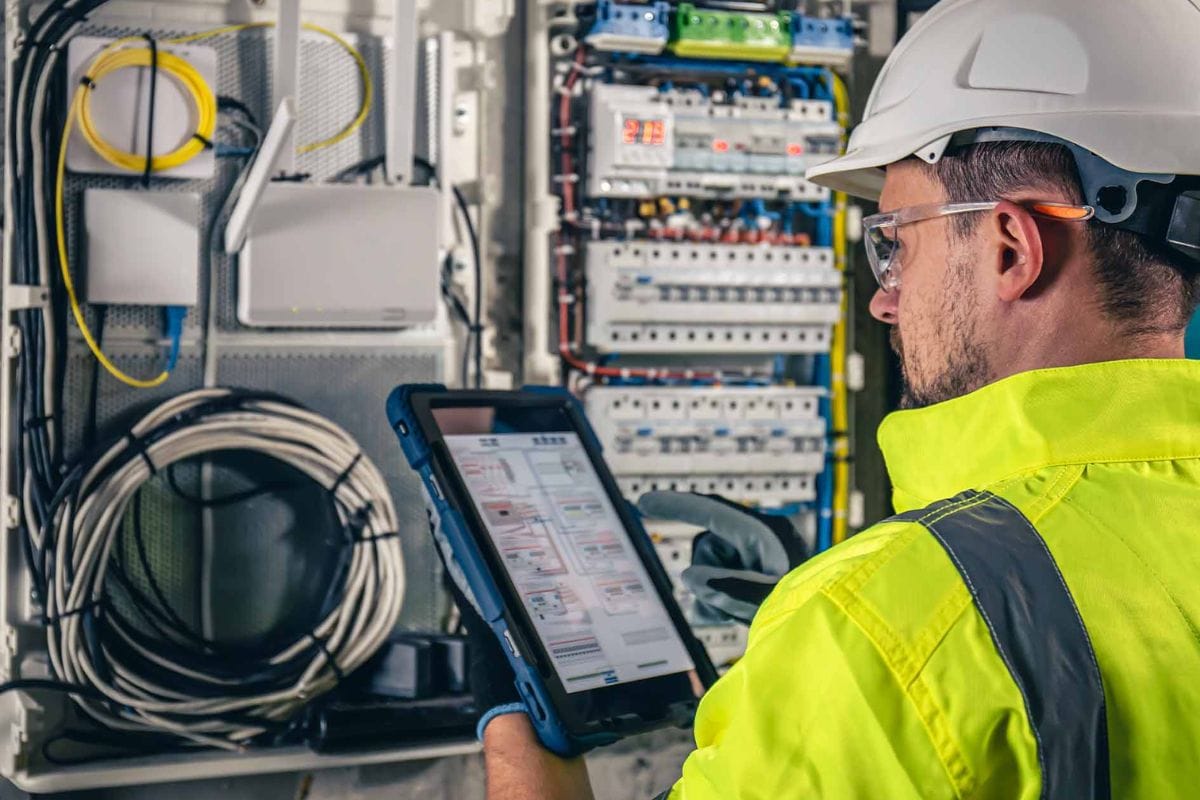
Renting
- Responsibility for Repairs: Renters are generally not responsible for major repairs like plumbing, electrical faults, or appliance malfunctions, as these fall under the landlord's duties. Tenants may handle minor cosmetic repairs, such as changing lightbulbs or replacing filters, but are not expected to manage structural issues.
- Cost: Tenants benefit from not having to pay for major repairs, as the financial responsibility lies with the landlord. This can lead to significant savings, especially for those seeking low-maintenance living. Renters are only responsible for damages caused by their actions, such as broken windows or damaged walls.
- Control over Customization: Renters have limited control over property alterations and renovations. This means they cannot make major repairs or upgrades, such as replacing outdated fixtures or remodeling spaces, unless specifically allowed by the landlord.
Buying
- Responsibility for Repairs: Homeowners are responsible for maintaining and repairing their property, including appliances, plumbing, HVAC systems, and structural issues like leaking roofs or malfunctioning elevators. While they can hire property management companies for assistance, the financial responsibility for repairs always lies with the homeowner.
- Cost: Repairs and maintenance costs can be significant, especially for unexpected issues like electrical malfunctions or plumbing problems. Homeowners should budget for routine expenses, such as air conditioner servicing or pool cleaning. While proactive maintenance can reduce costs, these expenses can still accumulate over time, particularly in older properties.
- Control over Customization: Owning property gives homeowners control over repairs, renovations, and customization. This allows for personalized upgrades that can boost property value. However, it also comes with the responsibility of maintaining these changes, such as ensuring the upkeep of newly installed features like a kitchen.
| Factor | Renting | Buying |
|---|---|---|
| Upfront Costs | Low (Security deposit) | High (20-25% down payment) |
| Ongoing Expenses | Rent, utilities | Mortgage, maintenance |
| Opportunity Cost | Flexible investment options | Locked capital, market risk |
| Long-Term Investment | No appreciation | Property appreciation, equity |
| Mobility | High flexibility | Limited mobility |
| Financial Flexibility | Easy fund redirection | Long-term commitment |
| Responsibility | Landlord handles maintenance | Owner responsible for upkeep |
| Customization | Limited | Full control |
| Market Risk | Rent fluctuations | Property value fluctuations |
| Tax Implications | No taxes | Property transfer fees, service charges |
| Emotional Investment | Low attachment | High emotional connection |
| Repairs | Landlord handles | Owner handles |
Also Read:
Dubai: Rental Prices Projected to Rise Upto 20% in 2024
Rents in prime Dubai residential areas are poised to see up to 20 per cent in 2024 after a year of remarkable upswing estimated to be in the range of 23-30 per cent.
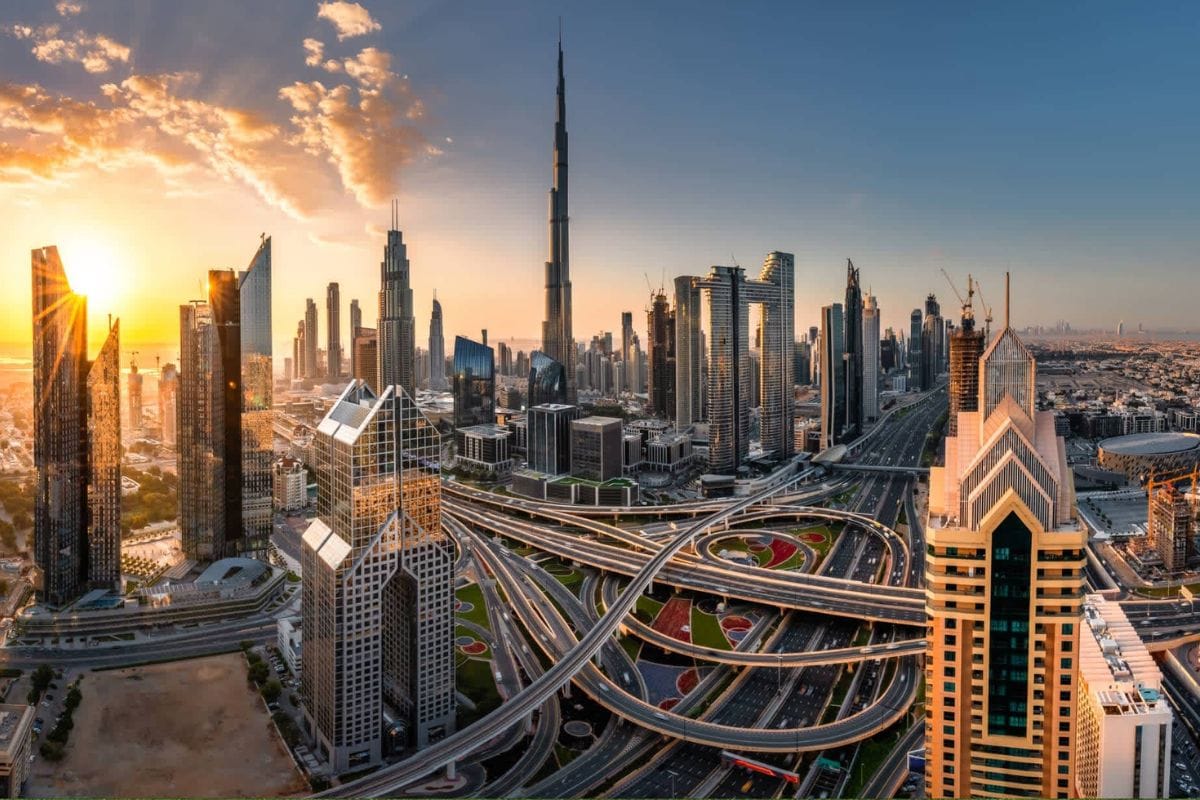
Revealed: Top Dubai Neighborhoods for Maximum Rental Yields
According to the latest analysis by Bayut, apartments in Dubai Investments Park, Discovery Gardens, and Liwan provide the highest rental returns in the affordable category, yielding up to 11 percent.
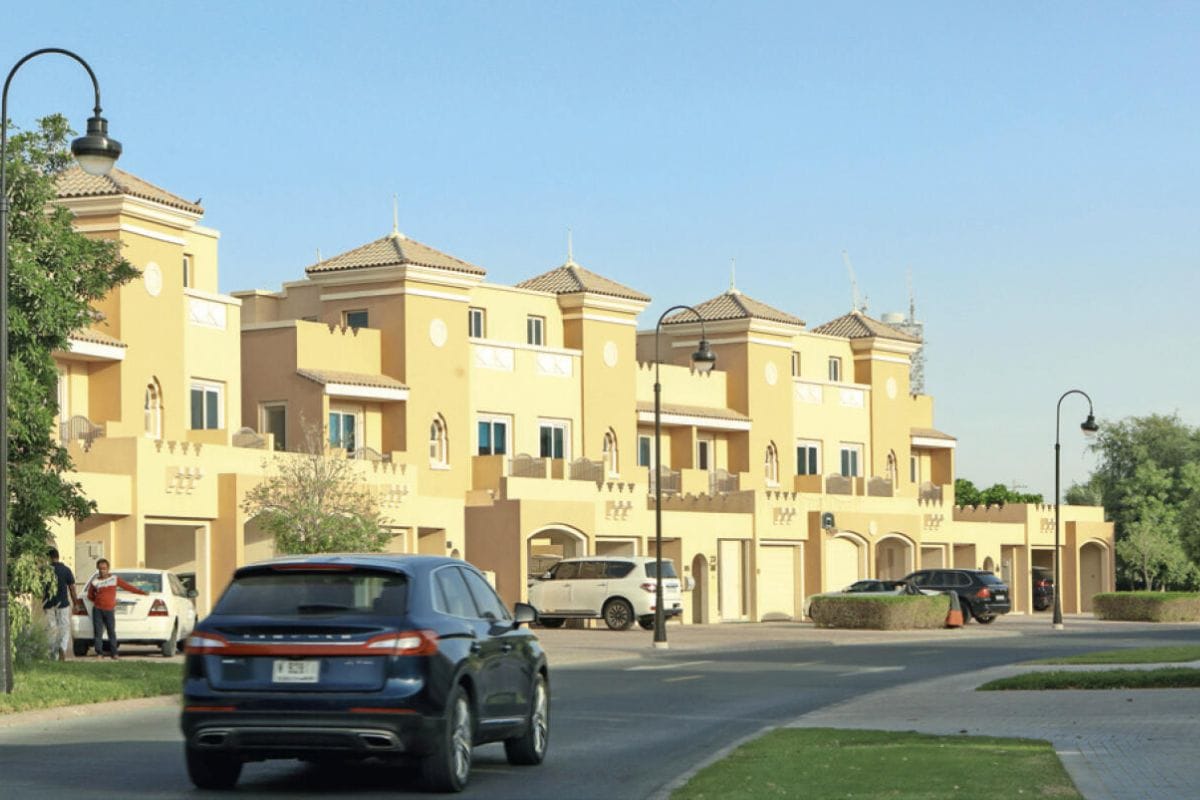
UAE Short-Term Rental Market Sees 20% Growth with New Listings and High Returns
The UAE’s short-term rental market is experiencing significant growth, fueled by rising demand and new listing platforms.
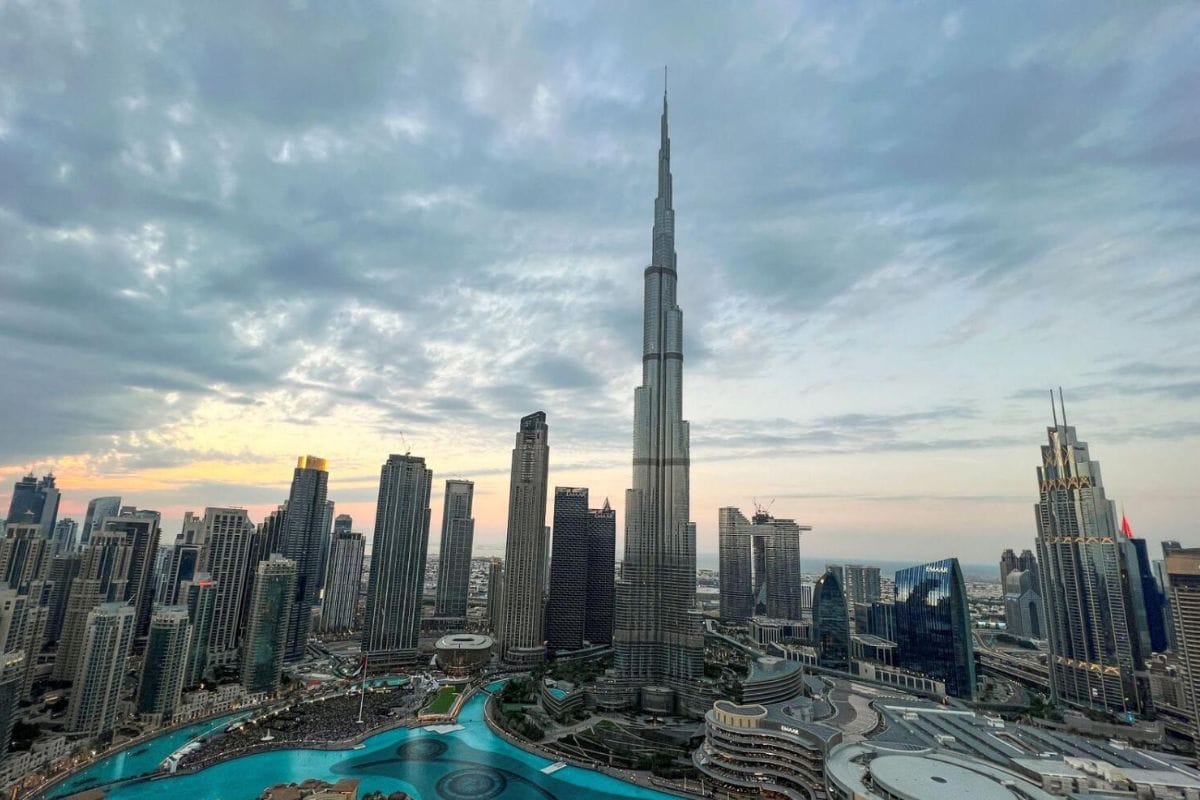
Pros and Cons of Buying Property in Dubai
Are you an investor or home seeker looking to buy property in Dubai? Here’s a list of pros and cons for you to consider before making the purchase.

Everything you need to know before & after buying property in Dubai
Step-by-step guide for investors to buy property in the emirate.
